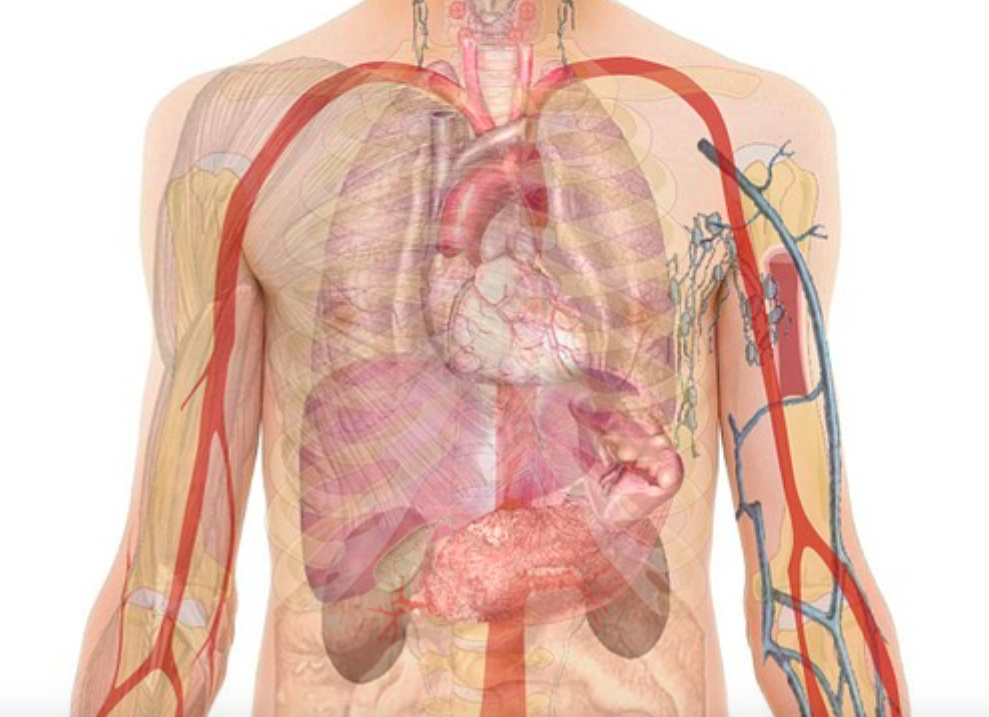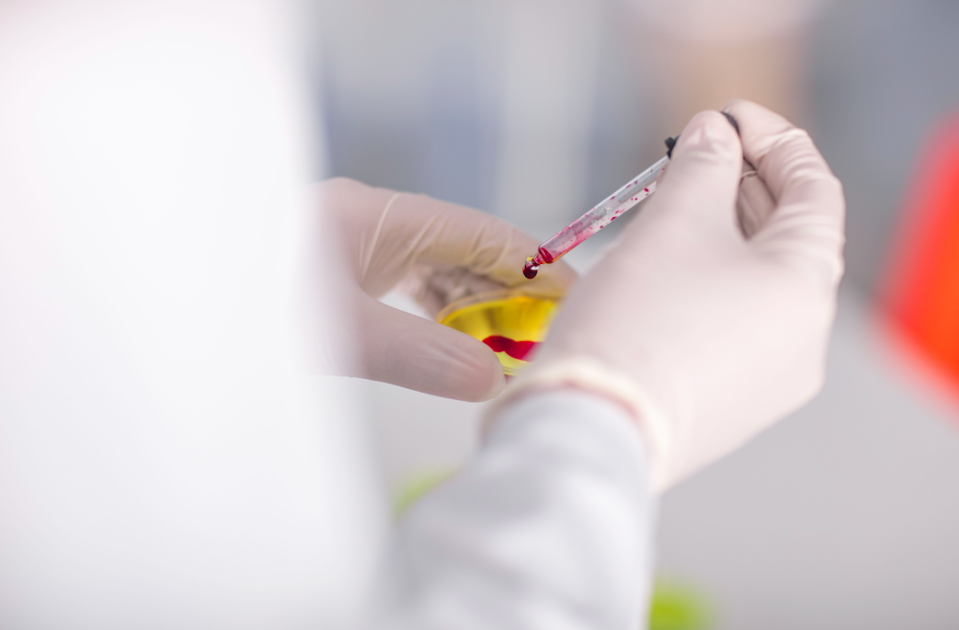Scientists discover new 'shock absorber' organ that spans the entire human body

A previously undiscovered organ that spans the entire human body has been identified by scientists.
Researchers at New York University (NYU) say that the organ, which was initially believed to be a series of dense connective tissues, may be one of the largest in the body.
They found that the organ, known as the interstitium, is a network of fluid-filled compartments beneath the top layer of skin that may act as ‘shock absorbers’ in places where tissues are moved or subjected to force.

The authors of the new study found that the interstitium exists all throughout the body, acting like a shock absorber in all places where tissues are moved or subjected to force.
It lines the digestive tract, lungs and urinary systems, and surrounds the arteries, veins, and the fascia between muscle.
The interstitium is made up of strong and flexible connective tissue proteins, with interstitial fluid moving throughout.

This system drains into the lymphatic system, and is said to be the source of lymph – vital to the functioning of inflammation-causing immune cells.
MORE: One of the largest wildcats ever recorded is caught on camera in Scottish forest
MORE: Woman crushed when pallet of bricks falls from crane in horror accident
Researchers were able to detect the organ by using new technology called probe-based confocal laser encomicroscopy, which allowed them to view living tissues on slides instead of fixed ones.
Neil Theise, MD, professor in the Department of Pathology at NYU Langone Health, believed the discovery may help explain how cancer spreads throughout the body – and may lead to new methods of treating it.
He said: ‘This finding has potential to drive dramatic advances in medicine, including the possibility that the direct sampling of interstitial fluid may become a powerful diagnostic tool.’

 Yahoo News
Yahoo News 

